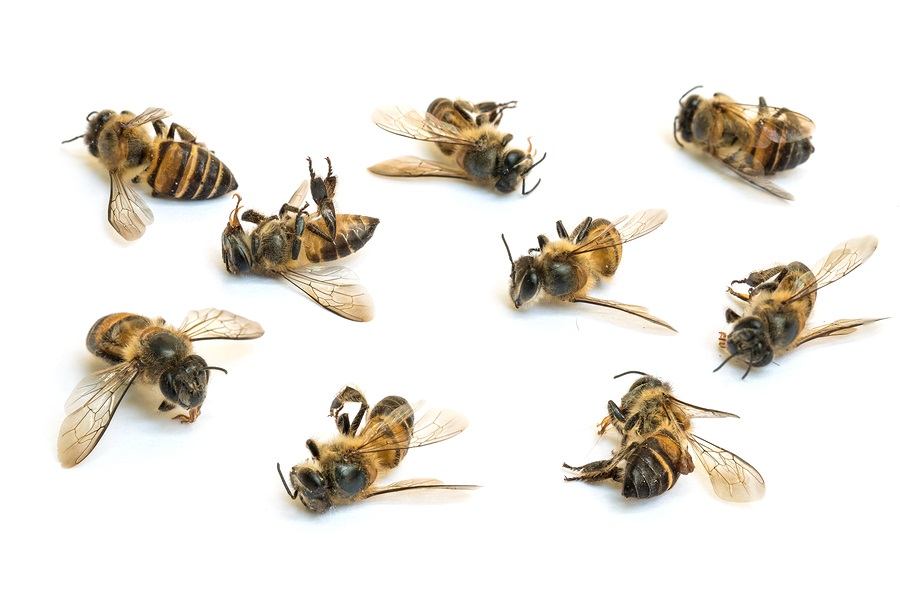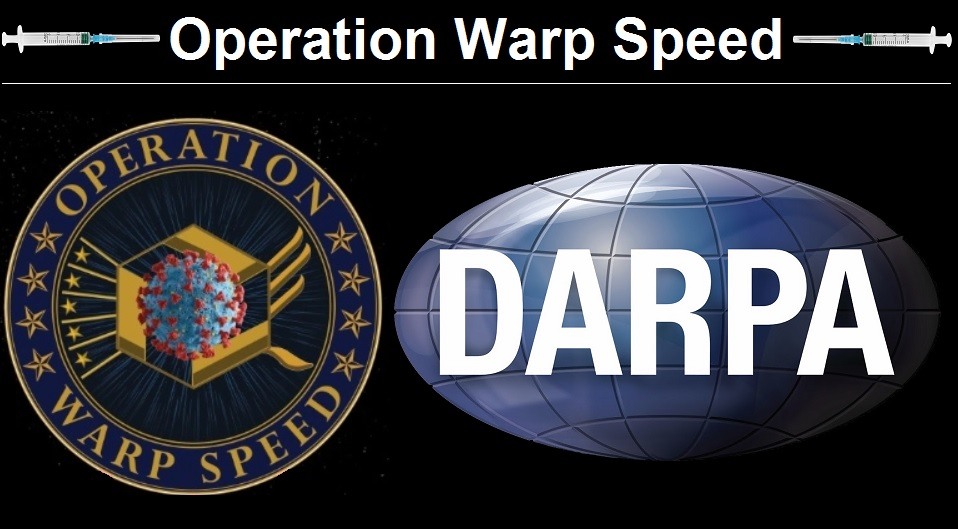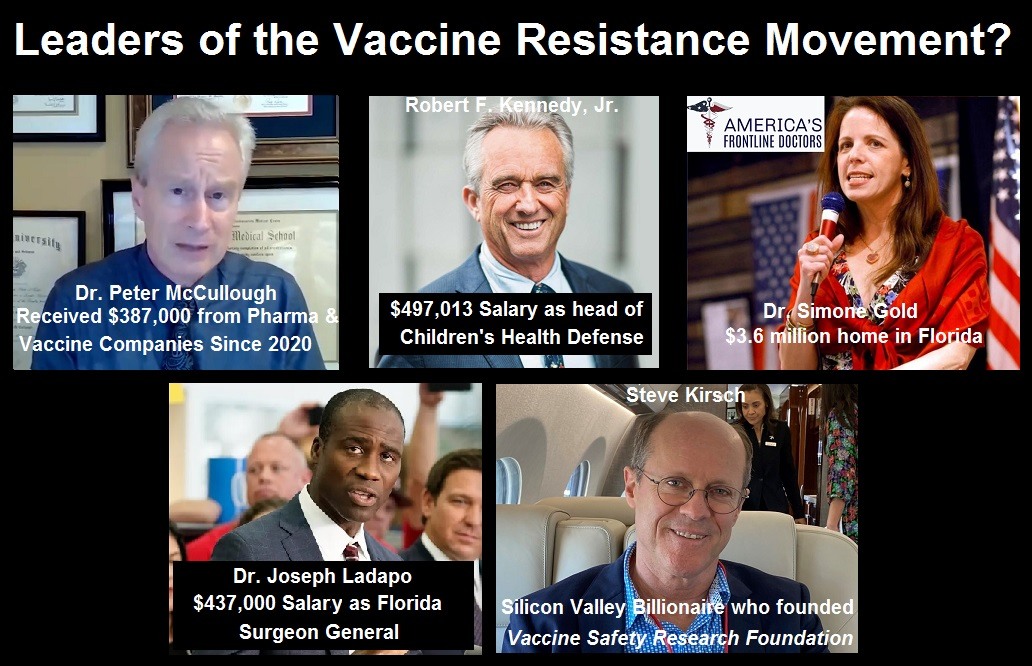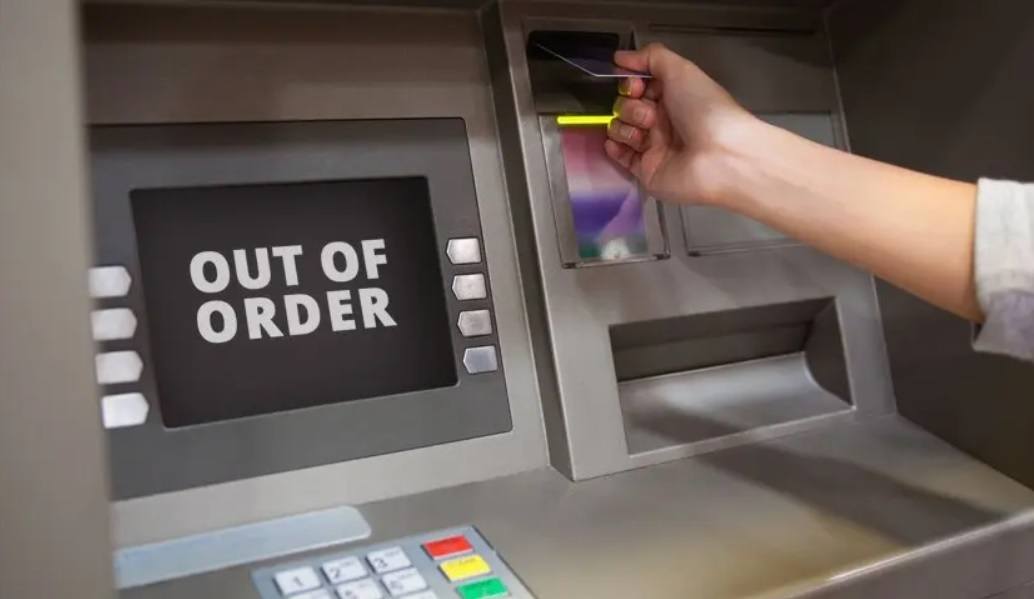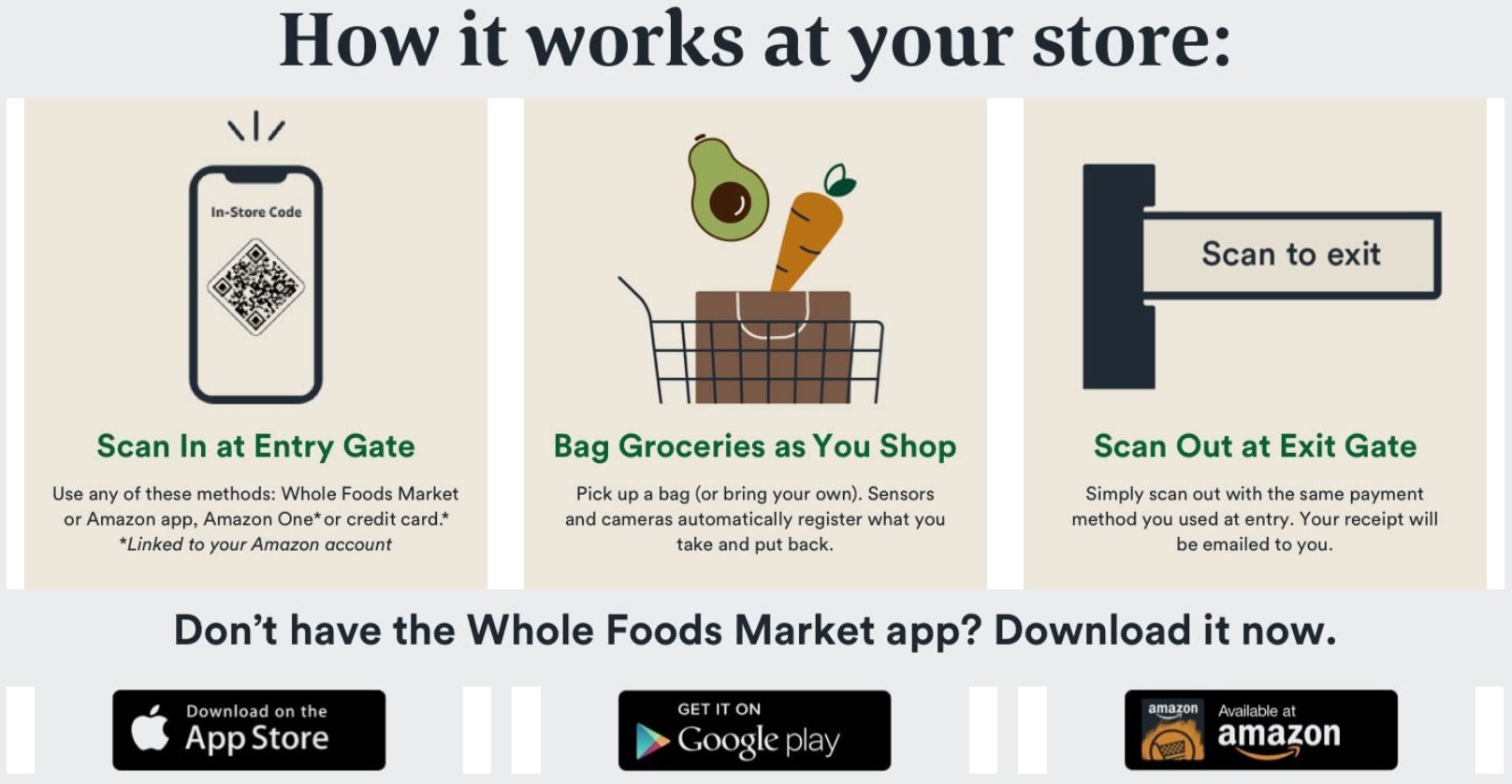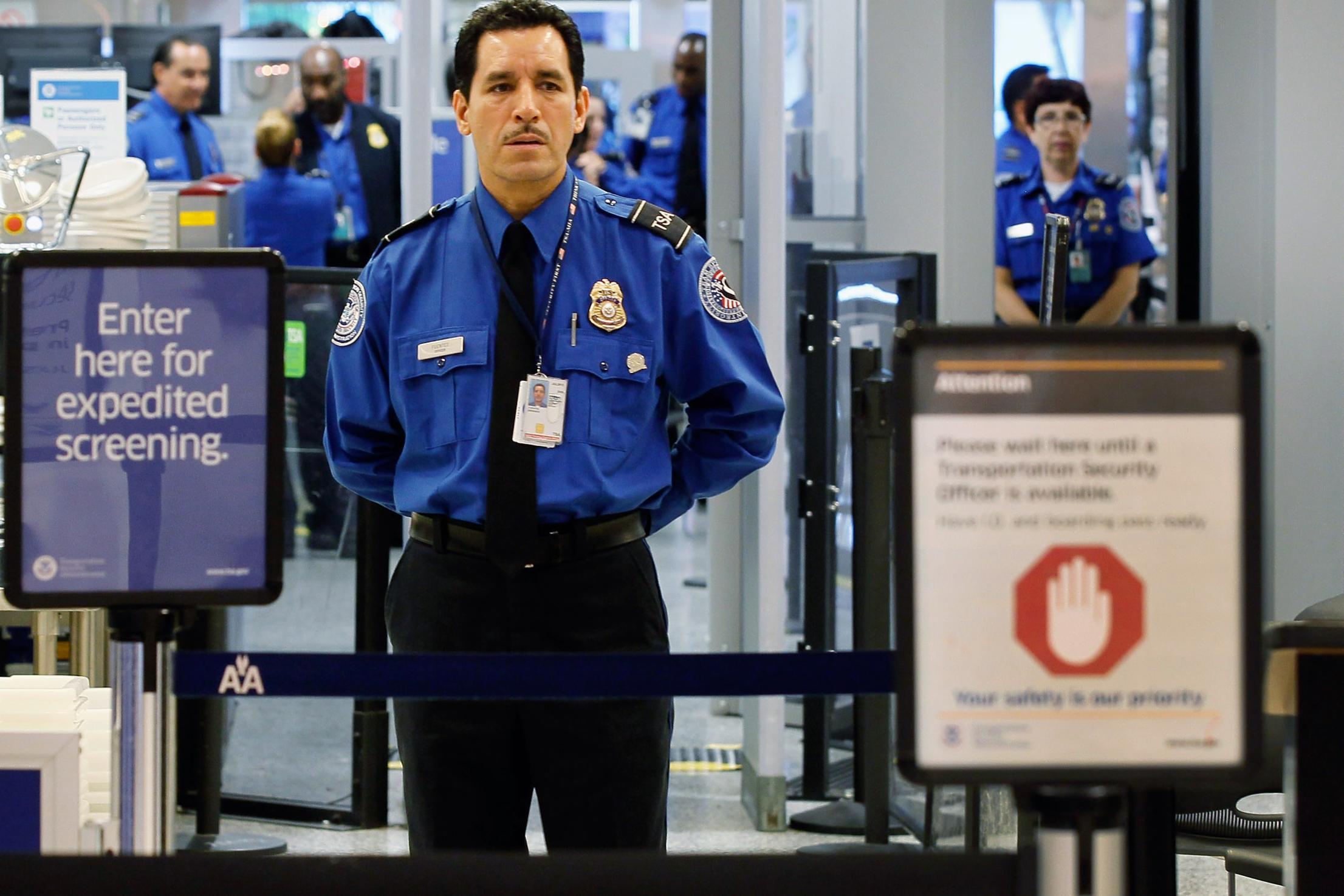Epigenetics Exposes Darwinian Biology as a Religion – Your DNA Does NOT Determine Your Health!
Darwinian biology has shaped the field of "science" for nearly two centuries now. However, Darwin's theories of life and origins have undergone many revisions and updates over the years as scientific discovery brings to light new truths that challenge many of Darwin's presuppositions. DNA, for example, is a system of classification that was unknown during Darwin's time, and many of the tenets of DNA have presented problems for Darwin's theories. In recent years, the whole field of "epigenetics" has proven that we are not the sum total of our "DNA blueprint." In fact, the growing field of epigenetics completely contradicts the tenets of Darwinian biology according to biophysicist Dr. Cornelius G. Hunter. Cornelius G. Hunter is a graduate of the University of Illinois where he earned a Ph.D. in Biophysics and Computational Biology. He is Adjunct Professor at Biola University and author of the award-winning book: "Darwin’s God: Evolution and the Problem of Evil." I encourage everyone to watch this video by Dr. Hunter on DNA methylation, which is just over 35 minutes long. This is a very important truth to understand, because there is a lot of false information going around in the Alternative Health media right now claiming that because the COVID-19 shots "alter one's DNA," that they cannot be healed from the damage, and that people are being turned into "transhumans" as a result, and are no longer "homo sapiens." This is totally false, and is spreading unnecessary fear. The field of epigenetics shows us that our bodies did not evolve out of random chance, but that they were wonderfully designed with mechanisms to turn off "bad genes," and to even develop "good genes" that can be passed on to future generations. A study published in Biophysical Journal in 2019 out of NYU revealed that "a team of scientists has identified how damaged DNA molecules are repaired inside the human genome, a discovery that offers new insights into how the body works to ensure its health and how it responds to diseases that stem from impaired DNA." They stated that "the human genome experiences about thousand DNA damage events every day, which can occur naturally or due to the external factors such as chemicals or UV radiation (e.g. sunlight)." In fact, if you search through PubMed for the term “DNA repair”, you will get over 100,000 results in the peer-reviewed medical literature.





